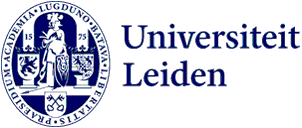Lecture | Sociolinguistics & Discourse Studies Series
Family, a racialized space
- Date
- Monday 16 September 2024
- Time
- Serie
- Sociolinguistics & Discourse Studies Series
- Address
-
Herta Mohr
Witte Singel 27A
2311 BG Leiden - Room
- 0.22
Abstract
Departing from the premise that family language policy does not take place in a social vacuum, but rather it is always situated within sociocultural and political structures, this paper puts forward and applies a phenomenological understanding of body and embodied experience to examine family language policy. In particular, I apply Kitarō Nishida’s (1870–1945) notion of historical body to investigate how Afghan refugee families’ lived experiences of their forced South-North migration and life in different countries before their settlement in Norway influence their own as well as their children’s raciolinguistic and cultural/national identities, which in turn, affect their linguistic and cultural ideologies and practices. With a focus on how the issue of race weighs heavy on both parents and children prompting emotive reactions, and affecting their sense of who they are, I would argue that racial awareness and identity that children develop in their interaction with the host society ultimately engages parents in racial socialization at home, thus turning family into a racialized space in which families have to balance messages about race and identity that are received from individuals, media, institutions, and social network. The study contributes to our better understanding of the complexities and nuances of transnational populations’ language ideologies and practices as well as identification and integration processes into the host society.
